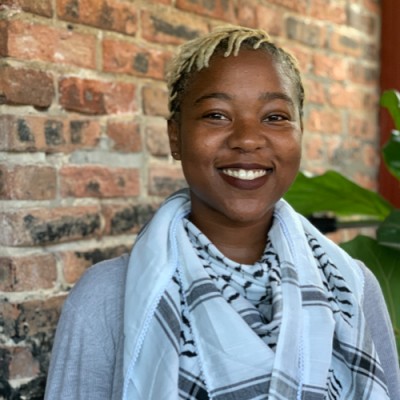Proportionate Impacts of Policing in Chicago | Trina Reynolds-Tyler
About This Video
Trina Reynolds-Tyler, Data Director, Invisible Institute presents the Technical Vision Talk “(DIS) Proportionate Impacts of Policing in Chicago”. Through public data records requests the Invisible Institute received an unprecedented amount of data related to misconduct records of the Chicago Police Department. Beneath the Surface analyzed these records to uncover patterns of gender-based violence at the hands of police. A volunteer team of over 200 community members generated training data for Judy, our nickname for the algorithm which then parsed through narratives of complaints in more than 27,000 misconduct records between 2011 and 2015. We then were able to run a targeted search and identify a range of testimony representing shared experiences; connecting people across time and space. But what proportion is significant enough to constitute as evidence of a deeper issue? How does the universe of information we use to define the numerator or denominator impact our willingness to deepen our questions? Where do we draw the line between significance and meaningfulness when using data science to understand policing in America?
In This Video

Data Director, Invisible Institute
Trina Reynolds-Tyler is the Data Director at the Invisible Institute, an abolitionist, and a native of south side Chicago. She leads Beneath the Surface, a project employing machine learning to identify gender based violence at the hands of Chicago police. Trina works to document how communities unable to depend on the police are creating safety and accountability outside of the carceral state. As a data scientist, she centers the practice of narrative justice in her inquiries.
Trina organizes with Not Me We, and is serving on a University of Chicago council attempting to measure the institution’s impact on the south side population. She developed the skills to use data science for real world problems as a Pozen Center for Human Rights intern with the Human Rights Data Analysis Group (HRDAG), and was a Pearson Institute Fellow. Trina holds a masters degree in public policy from the University of Chicago.

